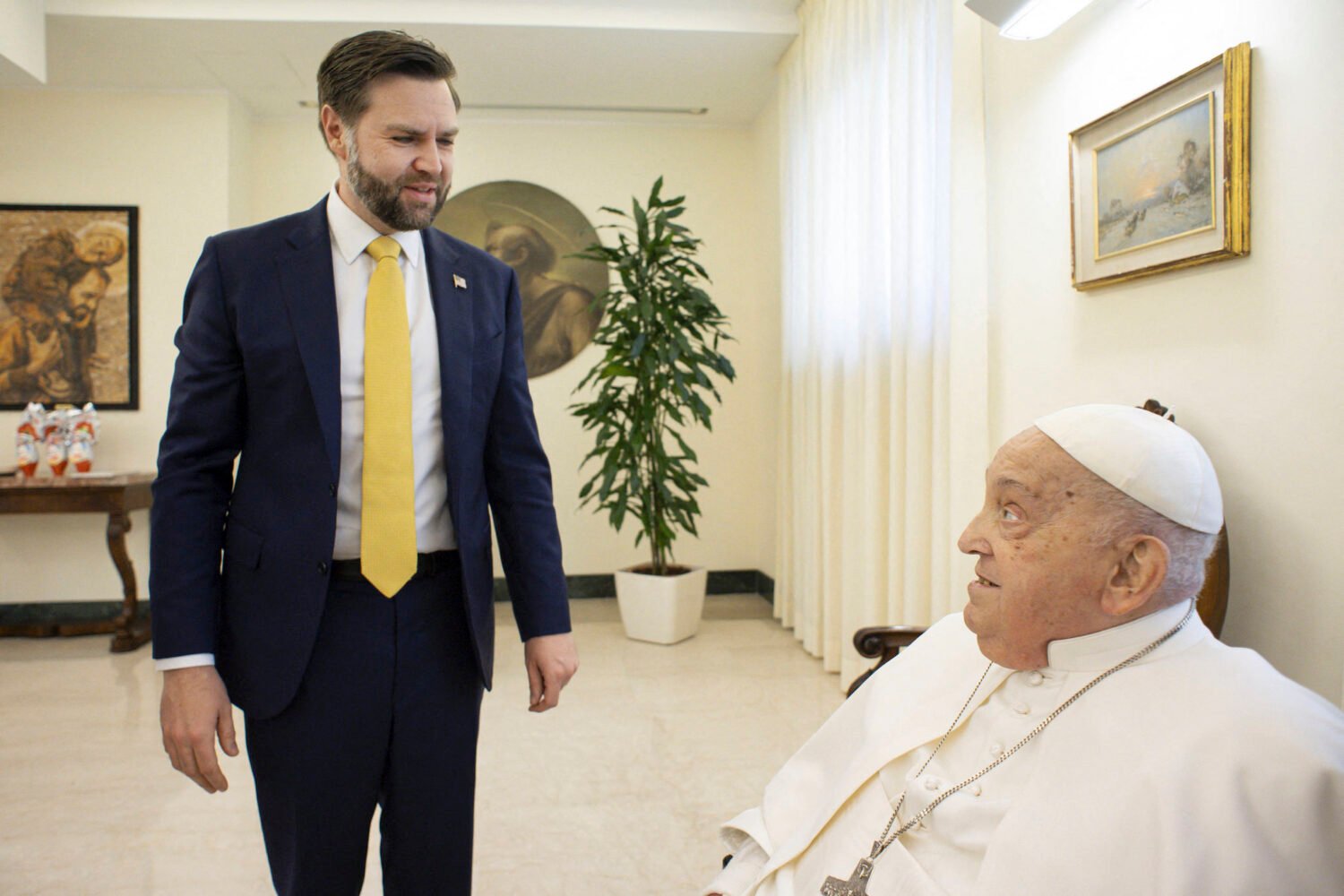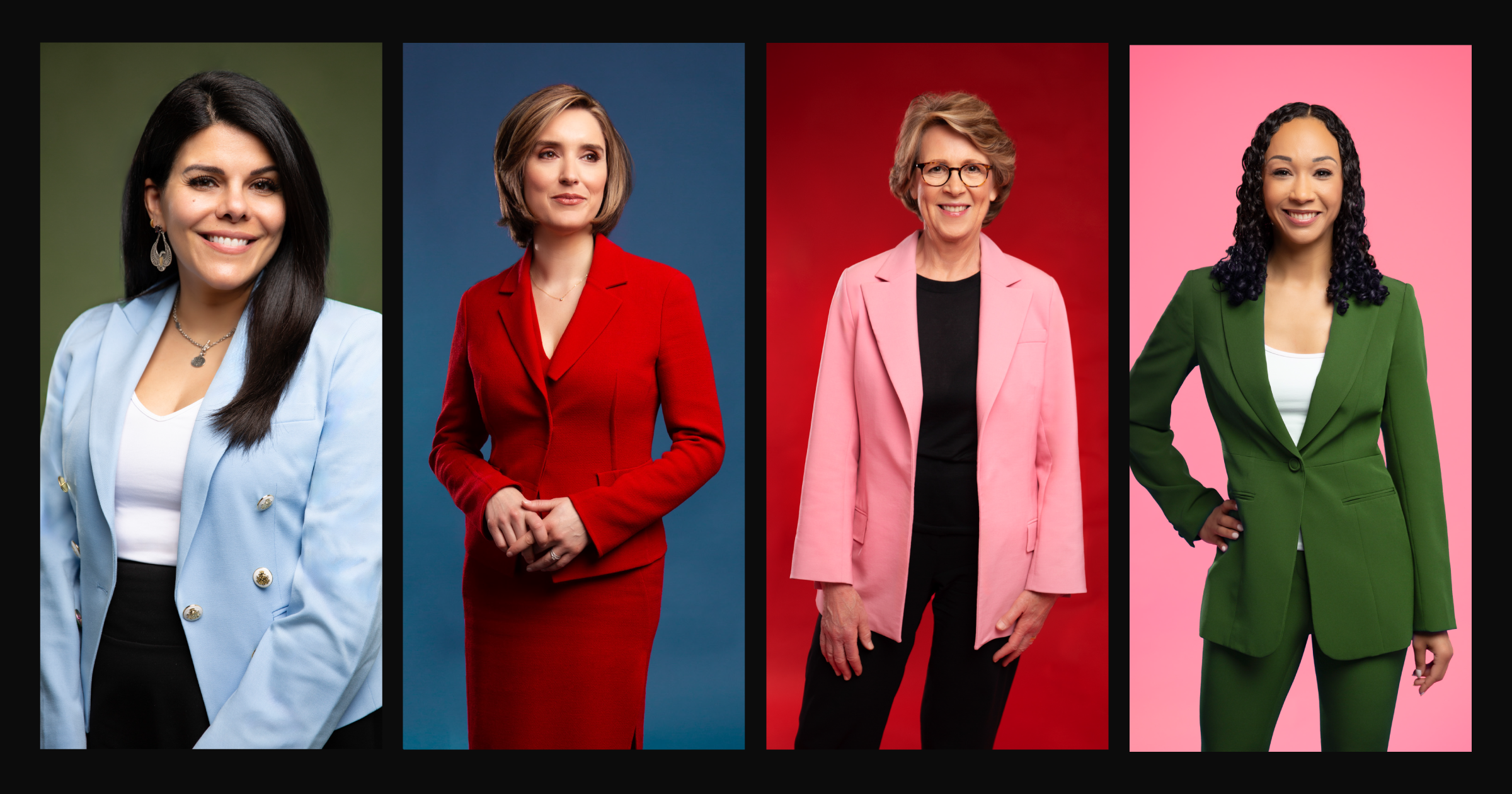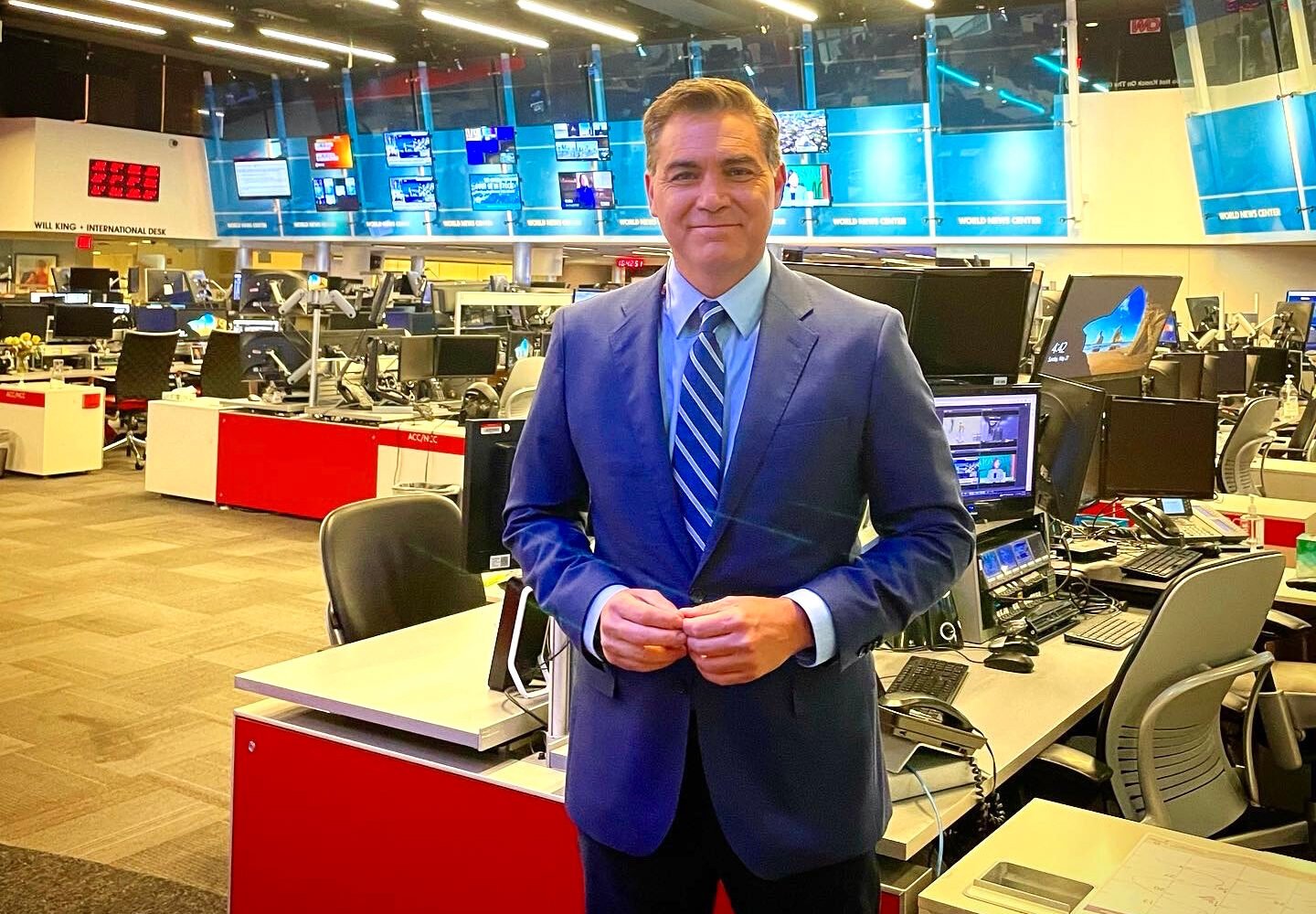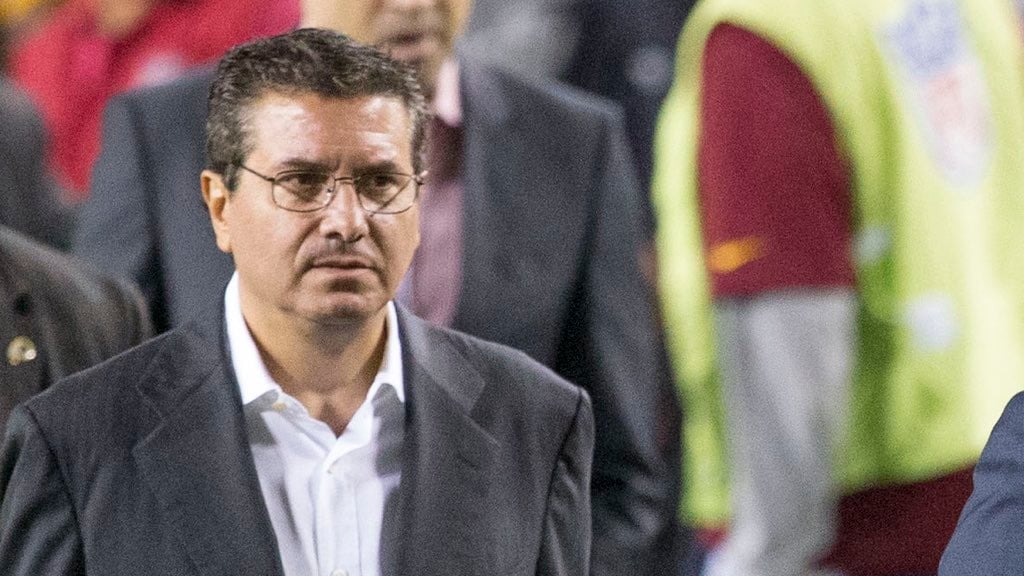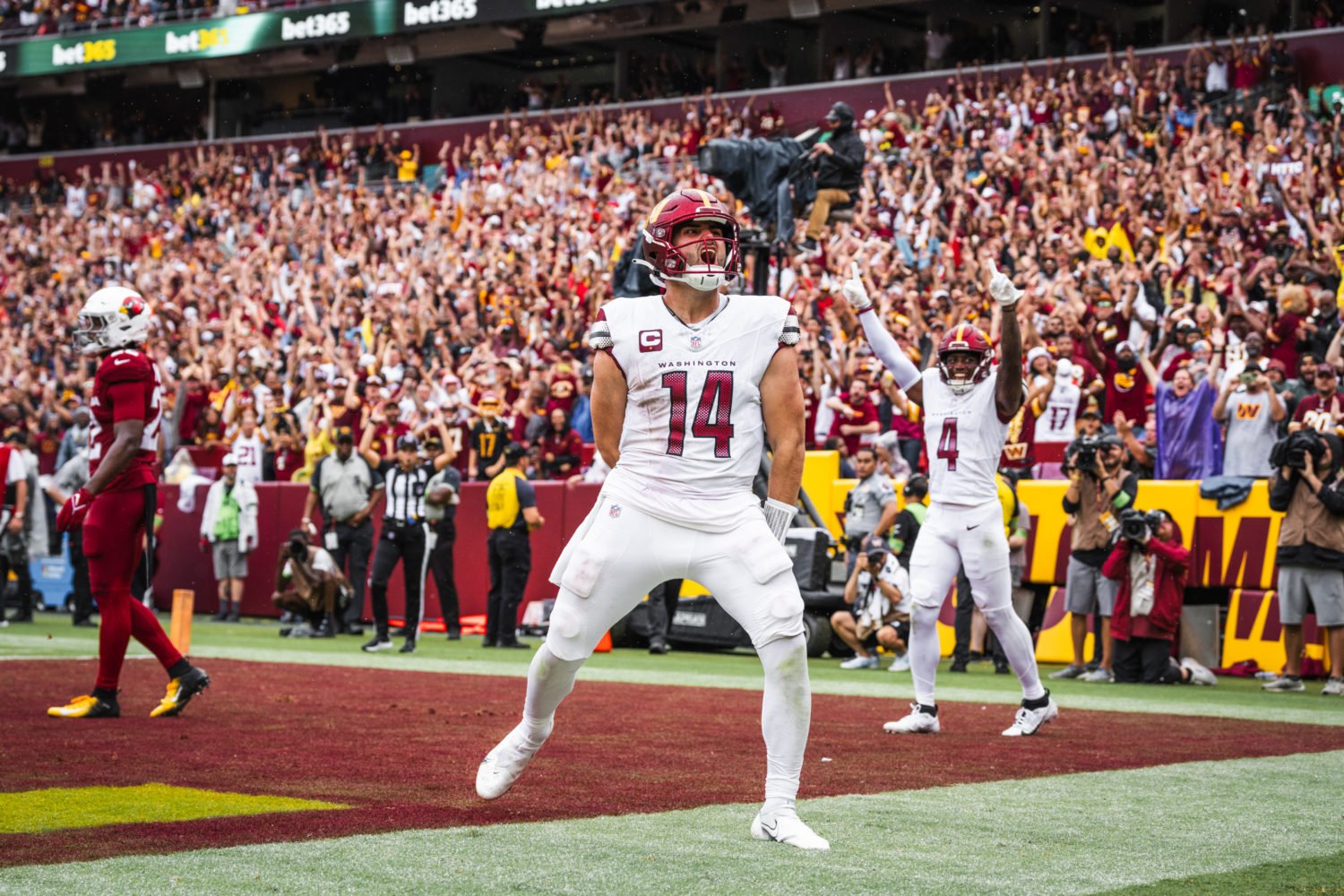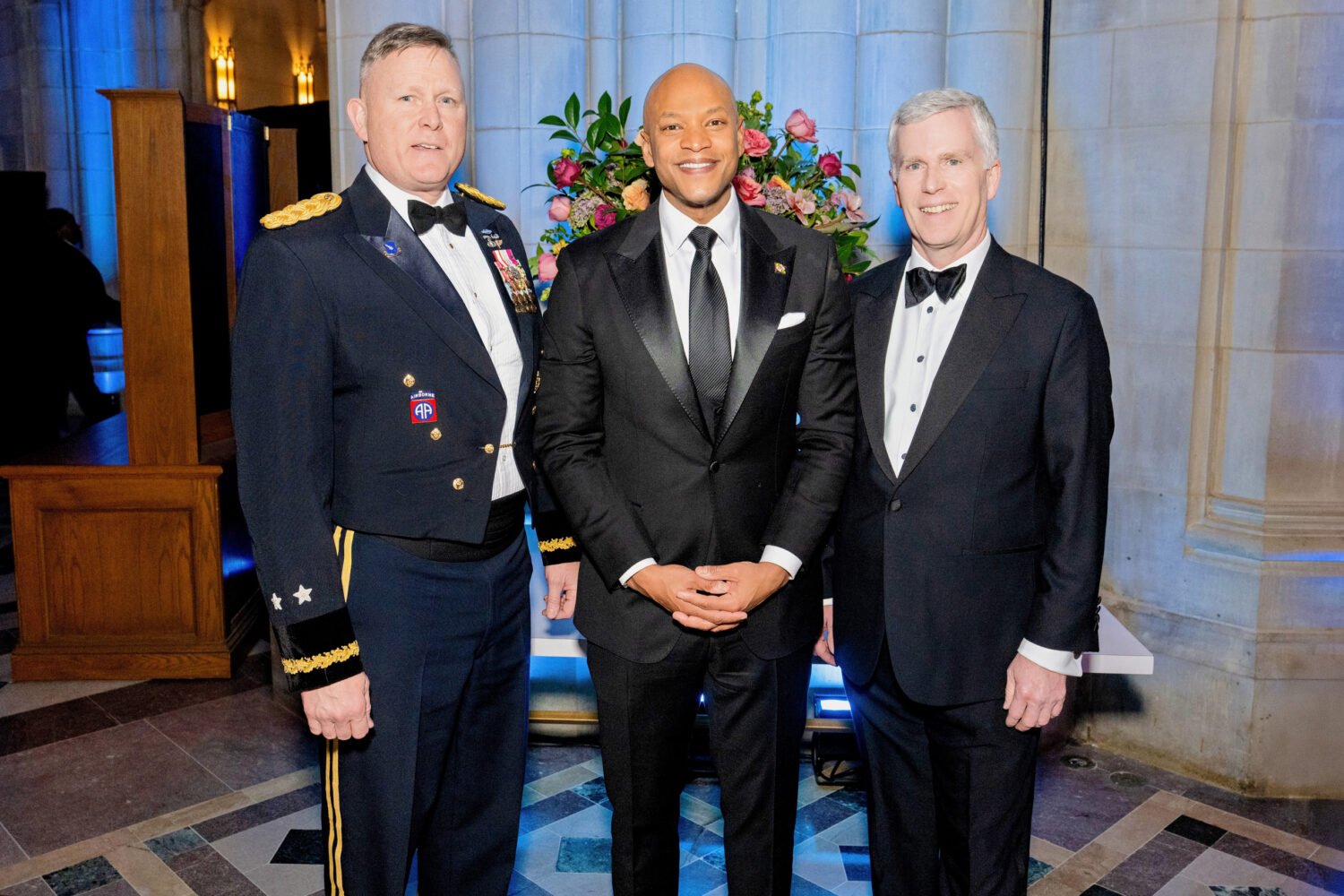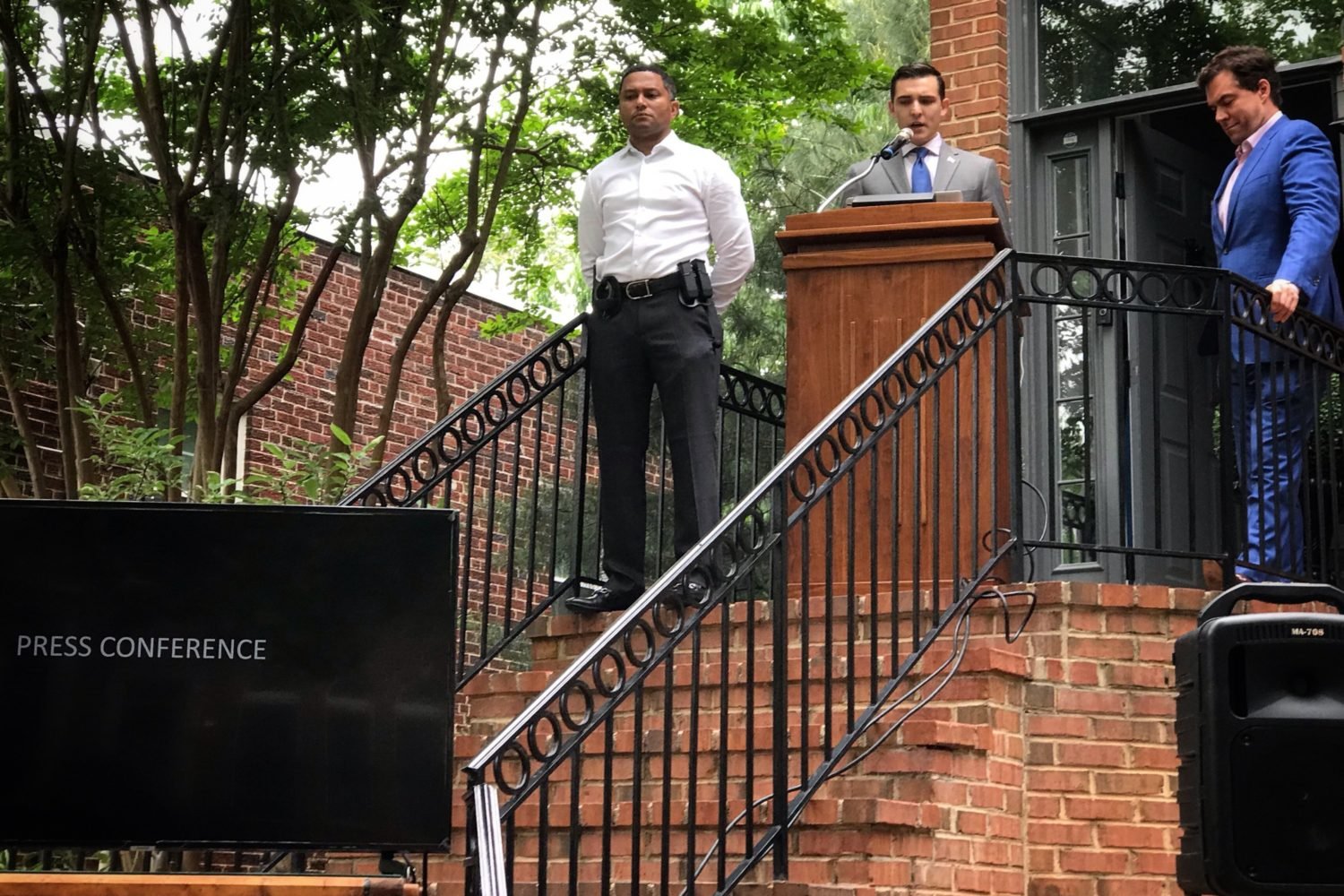At a moment when it seemed like things couldn’t get much worse for Washington’s beleaguered football team . . . things seem to have gotten worse. In October, the House Committee on Oversight and Reform asked the NFL for documents related to the probe into the Washington Football Team’s workplace culture. That investigation resulted in a $10-million fine for the team but didn’t—to the shock of many observers—produce any public report on its findings. “Dan Snyder and the NFL allowed a toxic, misogynistic culture to fester for years and Mr. Snyder’s punishment was a slap on the wrist,” Gerry Connolly, a Virginia congressman who sits on the committee, told Washingtonian in a statement. “These victims deserve justice, and our Committee must pursue this.”
Congress’s involvement might signal even bigger headaches for the NFL than for DC’s team because it’s likely to bring attention to the government handout that helps billionaire owners such as Snyder rake in profits. Politics represents one of the “few existential threats that can really like kill the [NFL’s] golden goose,” says DC journalist Mark Leibovich, whose latest book, Big Game, examines pro football.
That’s because back in the early 1960s, Congress gave the league an exemption to federal antitrust laws, permitting all of the individual teams to act as a single entity when negotiating TV contracts. By bargaining together, the owners have been able to land dramatically more lucrative broadcasting deals. At the time it was drafted, the antitrust exemption very well may have been a benefit to the public, because it required that broadcasters air every team’s games in their home markets, says antitrust economist Andy Schwarz. But subsequent advances in technology, Schwarz says, have made it “an obsolete exemption.”
Today that reality offers Congress some powerful leverage to bring about reform in the NFL, should it choose to use it. Connolly remains noncommittal on that for the moment; his office says only that he’s keeping “all options open.” (WFT declined to comment for this story, while the NFL didn’t respond to a request.) But one person who believes that the antitrust exemption should get a hard second look is Lisa Banks, the attorney for many former WFT employees who have alleged misbehavior by the team. “I don’t think we should be conferring benefits and special advantages on entities that have demonstrated a disdain for women and women’s health and safety,” Banks says. “If the NFL continues down this path of shielding entities like the Washington Football Team or owners like Daniel Snyder, then I don’t think that they are entitled to these special benefits from Congress.”
This article appears in the December 2021 issue of Washingtonian.

![Luke 008[2]-1 - Washingtonian](https://www.washingtonian.com/wp-content/uploads/2017/10/Luke-0082-1-e1509126354184.jpg)
